Edinburgh International Festival opens digital art exhibition
Edinburgh International Festival (EIF) invites audiences from all over the world to discover the extraordinary creative potential of Artificial Intelligence (AI) through two digital artworks just released.
EIF and Edinburgh Futures Institute co-commissioned The New Real, a digital art exhibition which aims to build awareness of the ways data systems and artificial intelligence reflect and shape the real world.
Rather than using traditional methods, these artworks are created by artists using machine-learning data and algorithms as their material.
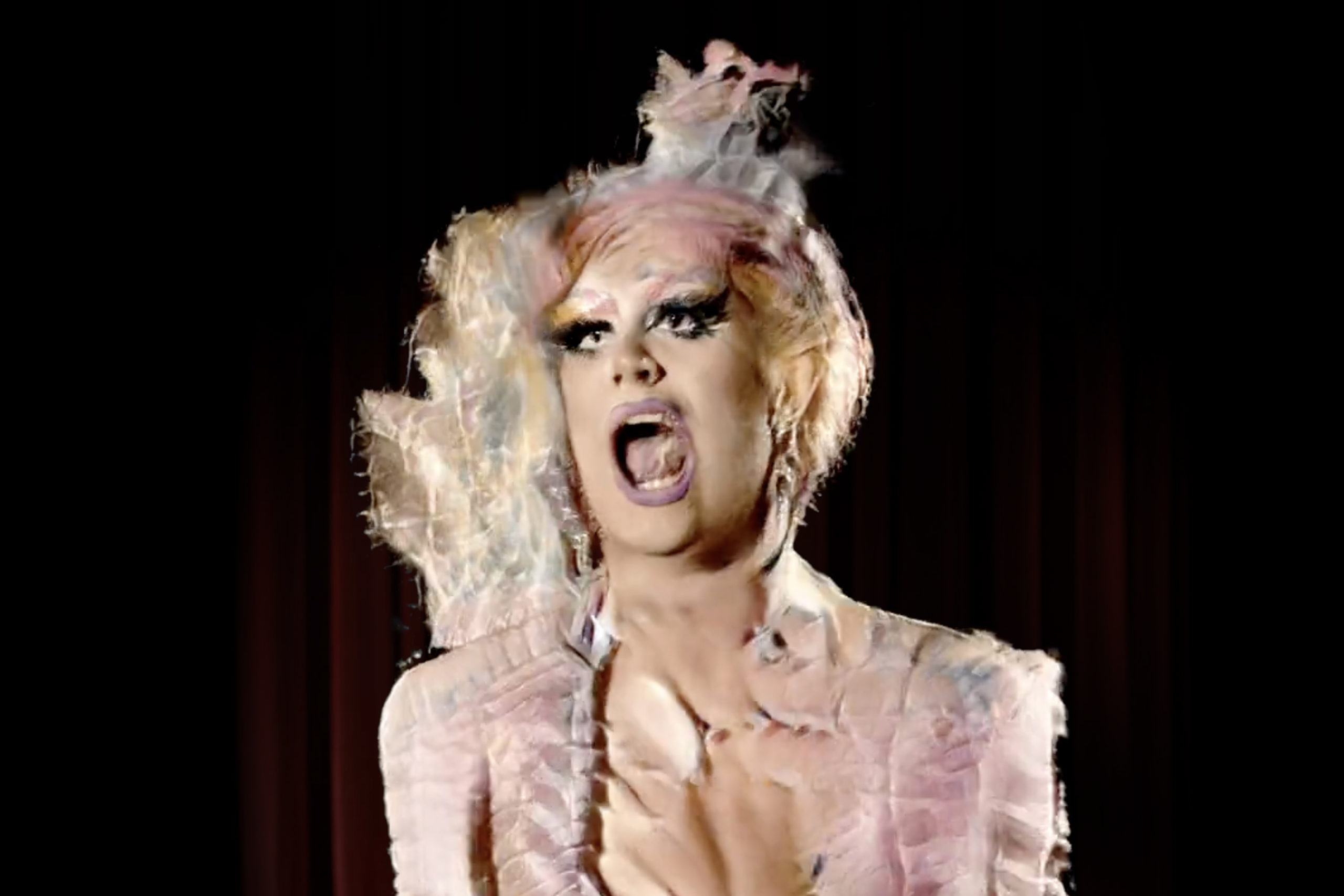
Drew Hemment, curator of The New Real and Chancellors Fellow at Edinburgh Futures Institute, said: “With The New Real, we want to offer hope and joy and bring new ideas to life – to inspire and empower people with understanding of how our reality is constructed. We present astonishing experiences by some of the most vital and pioneering artists in the UK today. In presenting these newly commissioned works and building a forum for discussion about our shared futures, we hope we can enrich the artists’ practice and have wider impact too.”
-
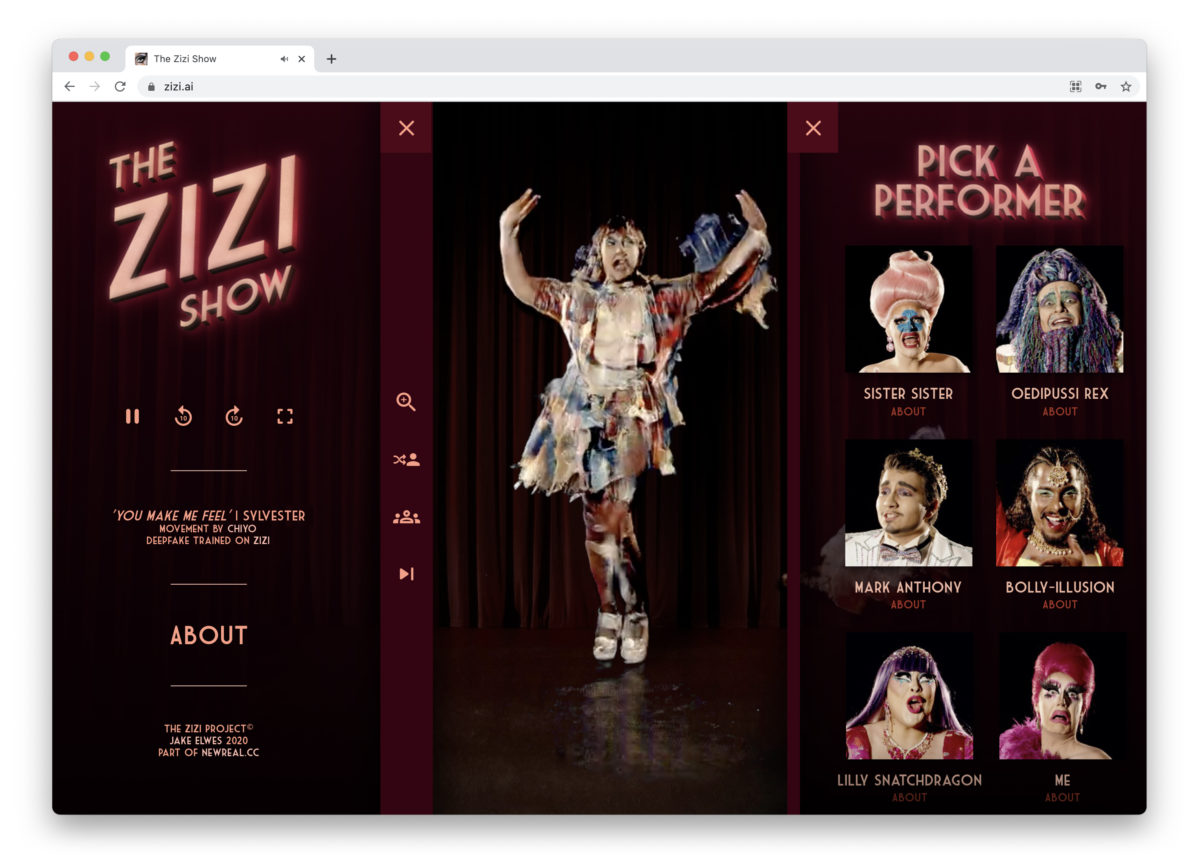
The Zizi Show 2021, still of zizi.ai pick a performer, courtesy of the artist -
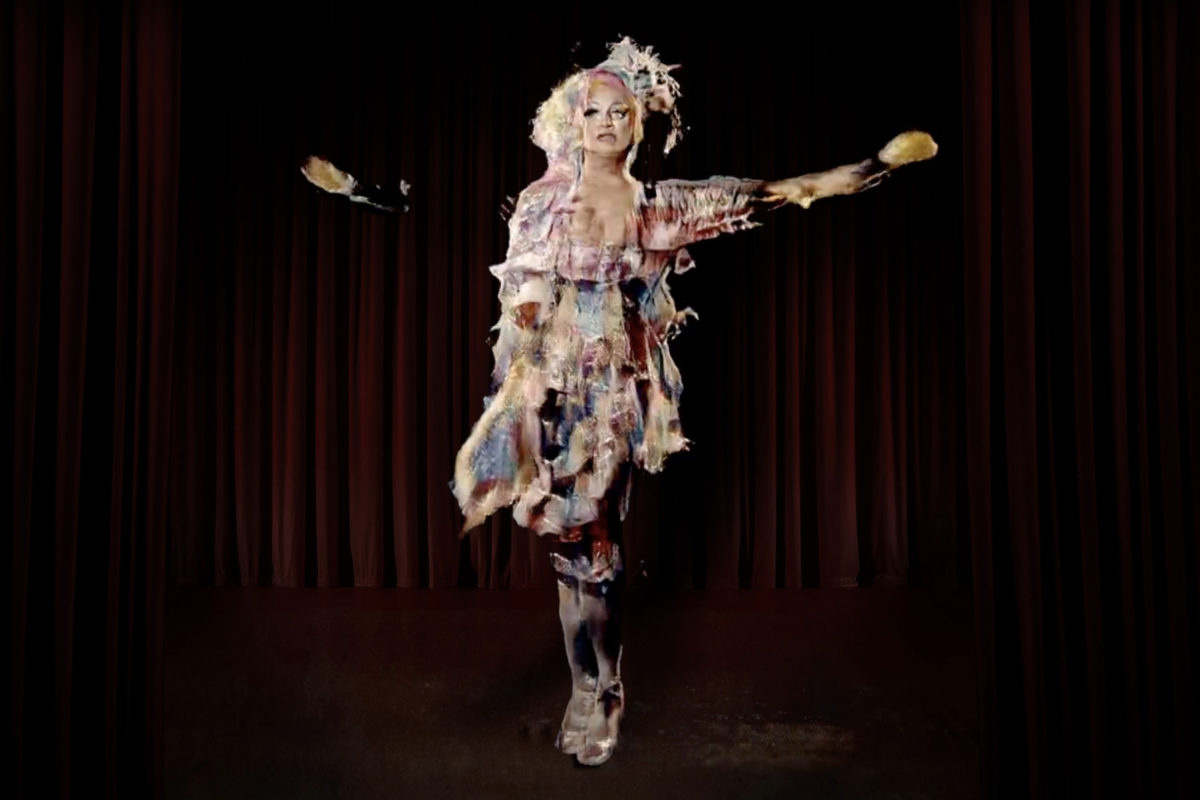
The Zizi Show 2021, still of deepfake drag artist in full length, courtesy of the artist -
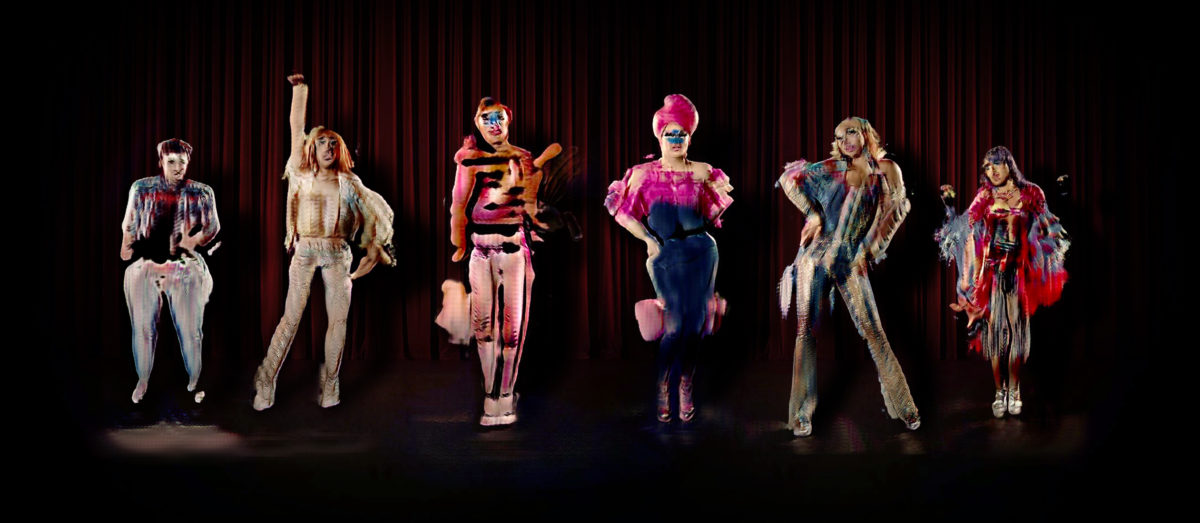
The Zizi Show 2021, still of deepfake drag artist in full length, courtesy of the artist -
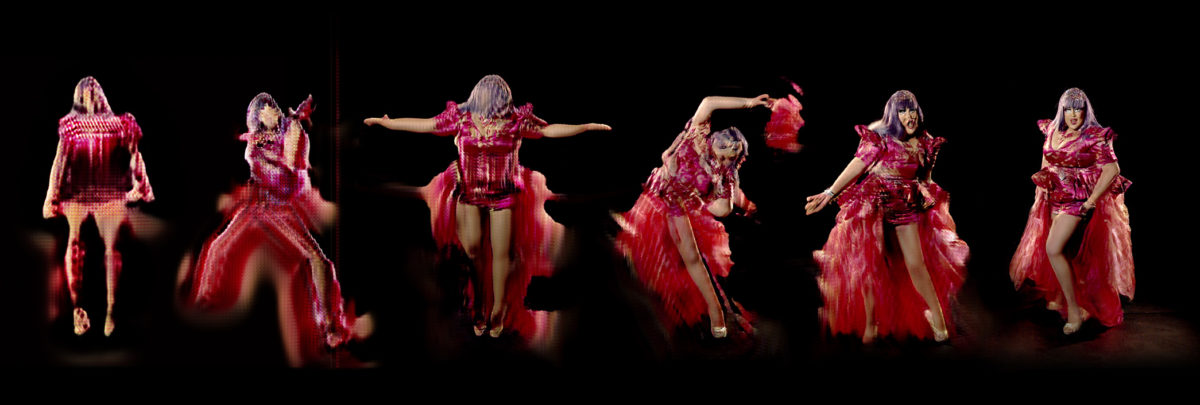
The Zizi Show 2021, still of deepfake drag artist in full length, courtesy of the artist -
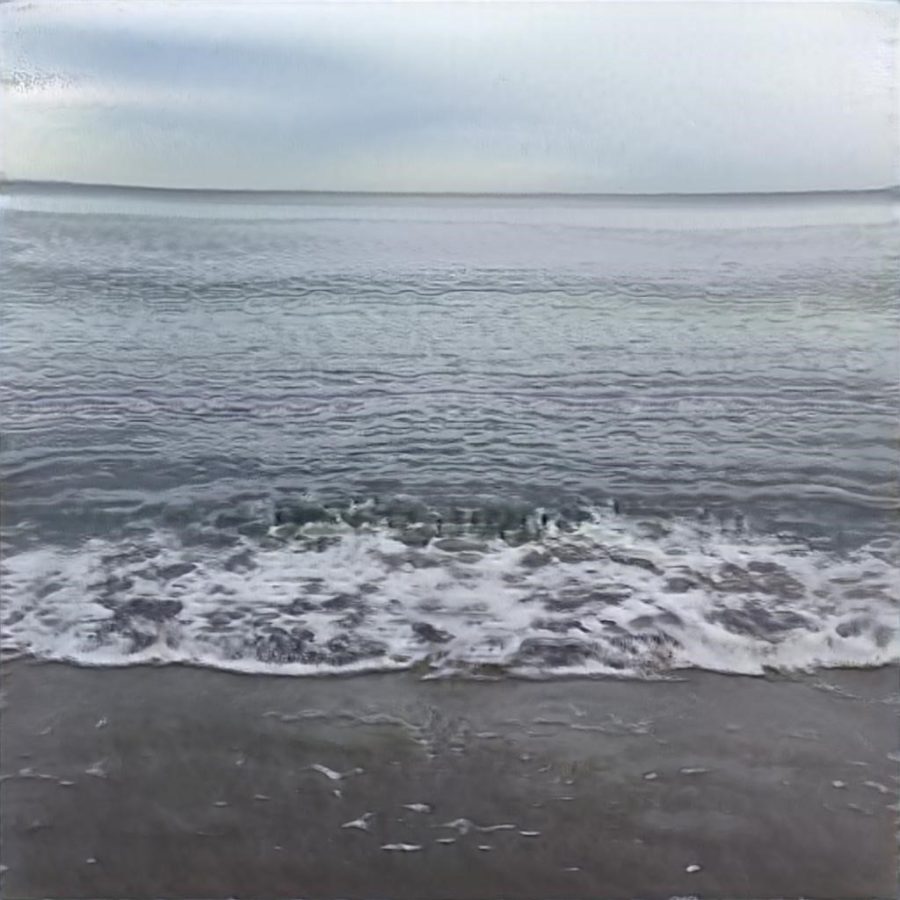
Mechanized Cacophony still -

Jake Elwes -
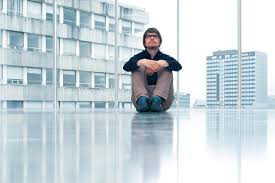
Drew Hemment, curator for The New Real -

Caroline Sinders -
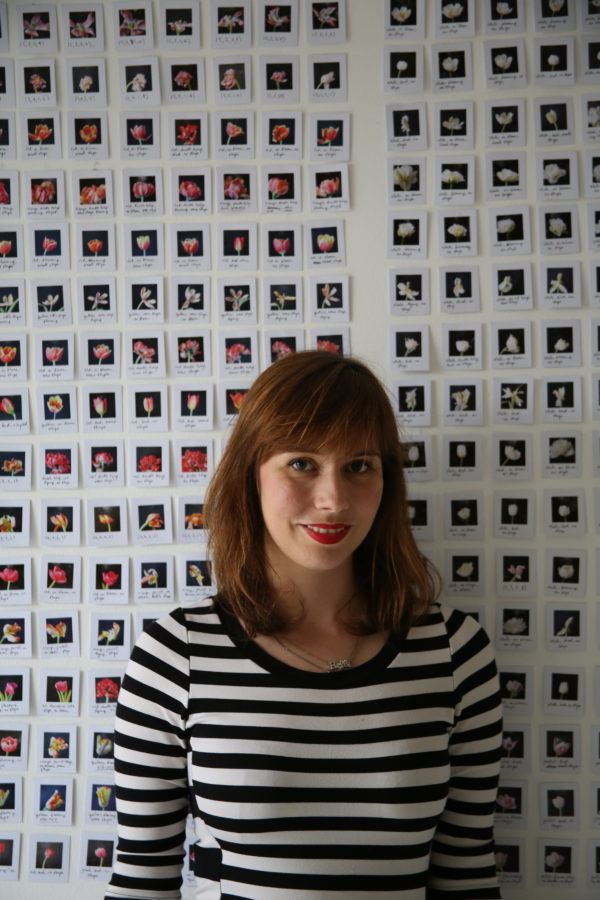
Anna Ridler
Mechanized Cacophonies, from Anna Ridler and Caroline Sinders, uses technology to create a love letter to what both artists missed the most during lockdown, nature. This interactive online artwork explores how our contact with nature is mediated by technology.
Working remotely, the two artists captured sounds and images from a variety of sources. They trained a computerised neural network to interpret the resulting dataset and then generate an array of eerie and uncanny soundscapes.
The audience experiences a natural environment – mesmeric waves crashing on a shore – generated by AI. Viewers are encouraged to immerse themselves in the work by taking an active role in bringing it to life across multiple devices.
Anna Ridler and Caroline Sinders commented: “The project is a reflection of our time working in isolation during Covid. When working with machine learning you need thousands and thousands of images or input, sometimes millions or even billions. A core part of our practice is creating these datasets ourselves, spending months photographing a single object or similar. Covid interrupted this process and meant that we could only use imagery that we had immediate access to. We also wanted to work with nature through technology as this was how we were experiencing the world, reflected and refracted in uncanny way.”
The Zizi Show, created by Jake Elwes in collaboration with a community of drag artists, is a virtual cabaret show with a twist.
Zizi is a drag act constructed by deep-fake technology who has learned by watching a diverse group of human performers. Throughout the show Elwes constructs and then deconstructs Zizi, exposing the technology used to create the character and pushing the limits of what can be imagined on a digital stage.
In this playful and vivacious artwork, audiences are invited to switch between the different deep-fake identities that Zizi has learned and enjoy sparkling versions of hit songs.
Jake Elwes commented: “The Zizi Show aims to bring together two things I love: artificial intelligence and the world of Drag performance. In an entertaining and humorous way, Drag has allowed me to dig into some of the social issues built into machine learning technology. Deep-fake technology has enabled me to do Drag in collaboration with machine learning (after learning Drag from thirteen extremely talented performers), perhaps proving that Drag Queens, Drag Kings and Drag Things will never be replaced by artificial intelligence.”
Alongside the artworks, The New Real features a series of reflections on the dilemmas and tensions of machine learning and AI. Two online events featuring discussions with the artists and curator Drew Hemment will take place on 10 and 18 March. Booking is available here.